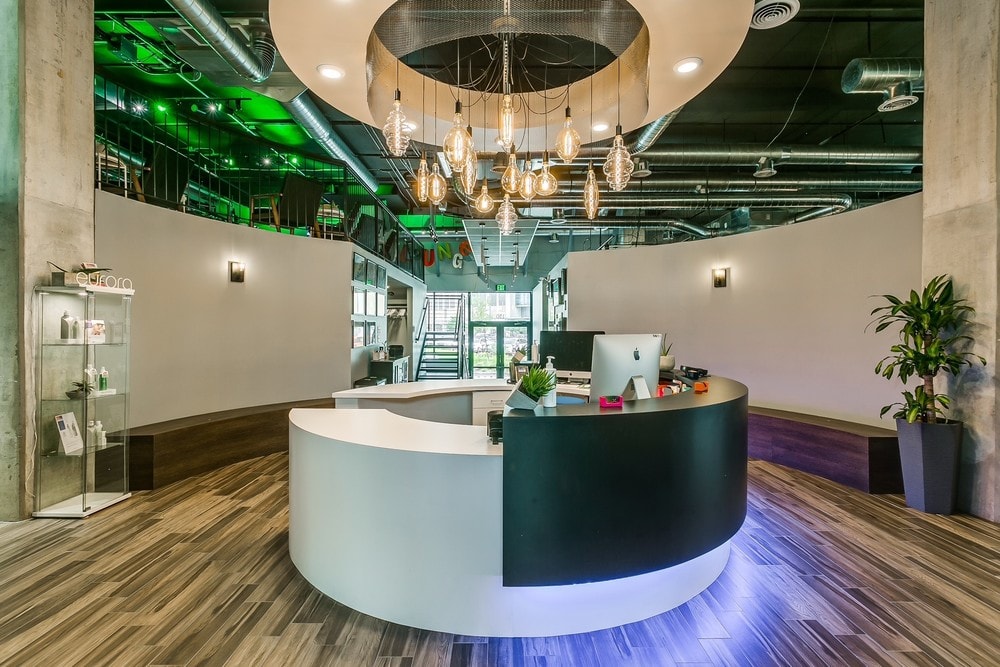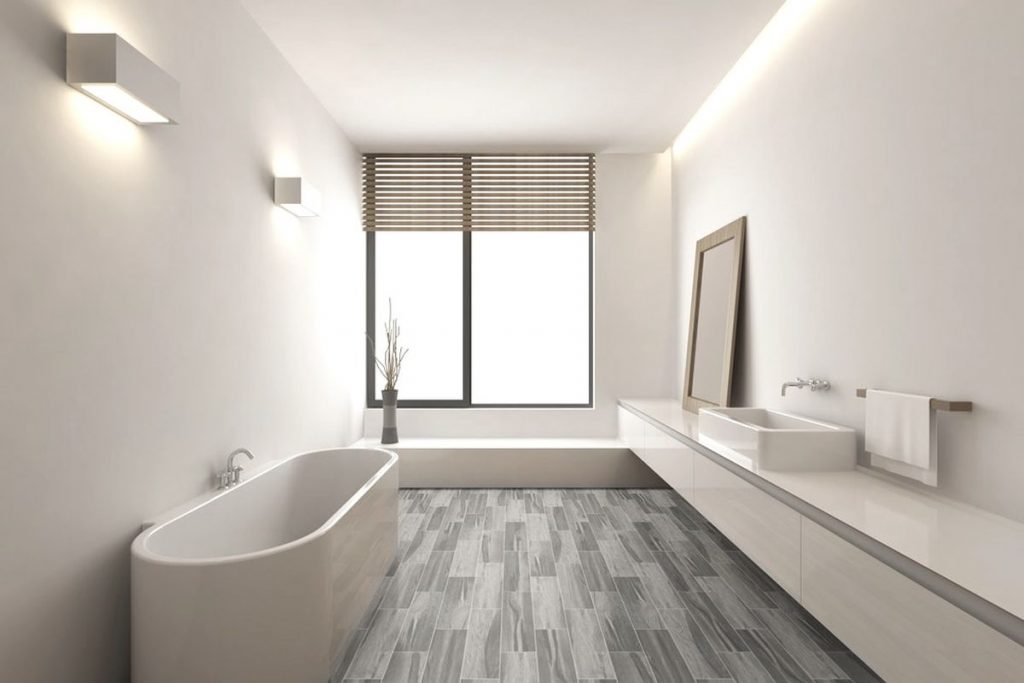Important Characteristics of Ceramic and Porcelain Tile

A popular choice for many homeowners, porcelain and ceramic flooring tile offers a reliable and durable surface for almost every location inside the home. Here are a few of the main features that make these tiles a practical yet stylish flooring option:
1. Dirt Resistance
Ceramic and porcelain tiles do not retain dust or residues as easily as many other flooring surfaces. They can be easily cleaned with common household materials. Additionally, they do not need polishing or buffing to maintain their finish. A day-to-day cleaning procedure retains the look of the finish and shine on this type of flooring.
2. Stain Resistance
The stain resistance of ceramic and porcelain tile varies depending on its capacity to resist moisture. Glazed tiles and even some unglazed tiles resist all types of stains and can be cleaned easily with some guidance. Click here for guidance on how to clean up common types of tile flooring stains. If you are concerned about stains, you can opt for colored ceramic tiles that hide dirt well.
3. Slip/Skid Resistance
One practical consideration is the level of slip resistance your tile floor requires. Slip resistance involves two factors – your tile floor’s likely exposure to spills, and your environmental requirements. The more your floor will be exposed to spills, the higher your need is for a slip-resistant floor tile. Also, homes with younger children, disabled or elderly people need to have floor tiles with slip-resistant characteristics.

Ceramic and porcelain tile manufacturers have developed slip-resistant tile flooring by using various glazes, glaze additives, and patterns. Also, tile size, grout joint spacing, and slope of the floor will affect the slip resistance. In addition, unglazed ceramic tiles have greater slip resistance than glazed tiles and are recommended for areas subjected to frequent water spills or heavy foot traffic. Click here to learn more about tile flooring slip resistance.
4. Color Permanence
Because color is fired into a tile’s clay body (in the case of unglazed tiles) or onto a tile’s glazed surface (for glazed tiles), fading does not occur. The colors in ceramic tiles do not fade even if exposed to direct sunlight and its color-leaching UV rays. They remain permanently colorfast.
5. Hygiene
The surface of ceramic and porcelain tile does not easily retain antigens or allergens, nor do they absorb fumes, odors, or smoke. This feature enables good hygiene and makes these tiles a suitable flooring material for any environment where hygiene is essential.
Now that you know the characteristics of ceramic and porcelain tile, would you like to learn more about choosing the right ceramic or porcelain tile for your space? Click here to read more.
What characteristics are most important to you when looking for a new floor?

Gill
Toilet cleaner containing bleach was accidentally spilled onto my grey porcelain tile leaving a white mark as if bleached. What can I do to restore the tiles colour? The mark fades when wet and isn’t noticeable but I’m afraid it may be permanently bleached.
BuildDirect Product Expert Team
Hi Jill,
Unfortunately it is hard to say without knowing the type of porcelain tile you have. If it is a “through body” porcelain tile then the bleach very likely has absorbed into the stone and would need to be cut out and replaced. If you have a glazed porcelain tile it could just be residue on the top so you can use an acid based cleaner to remove the residue. I highly suggest going to the tile supplier you worked with to find out what type of tile you have to see what you can do. Please let us know if you have any other questions!